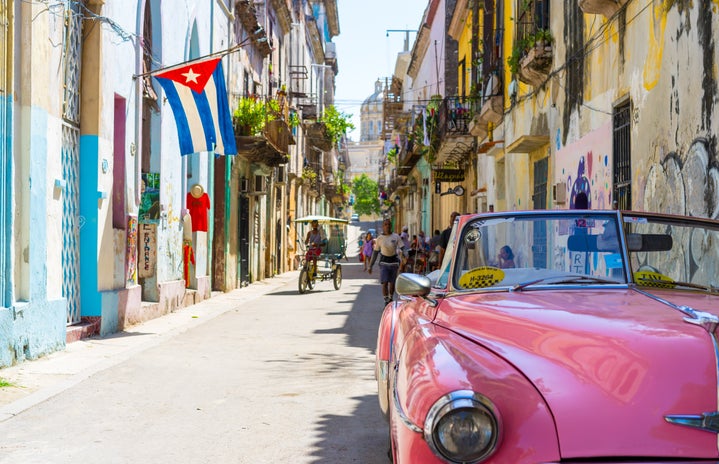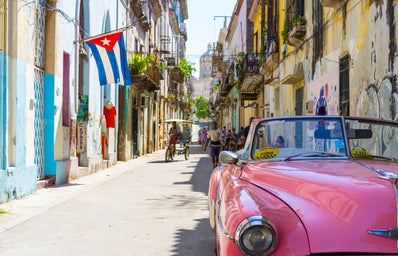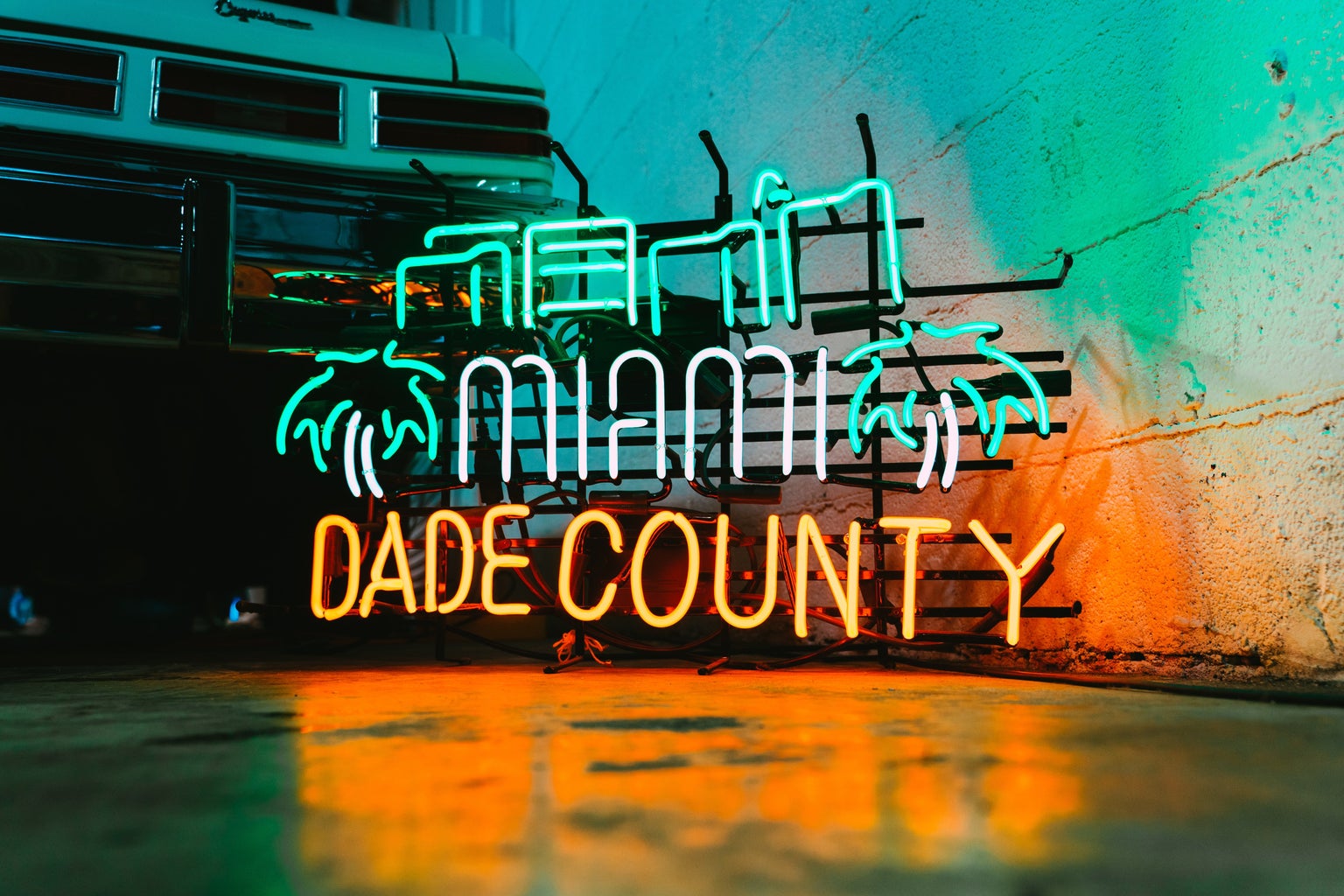Hispanic and Latino Heritage Month commences every September 15th, and I always find myself wondering what the best way to celebrate my heritage is. When I see the month expressed through corporate advertisements and social media posts, it always seems like a big group of happy Latinos congregating or a deep introspection remembering famous activists. It’s true that this month is a time for celebration, and we should all be very proud of our roots. However, in reality, truly recognizing what it means to be Hispanic, Latino, and your own ethnicity can be more complicated than that. I want to invoke my heritage by practicing traditions, but I find myself conflicted between my people’s customs and my own feelings.
This can be hard. If you follow all of the traditions as closely as you can, it can feel like you’re not being true to yourself. On the other hand, if you don’t stick to customs, it can feel like you’re not being “a real Hispanic”.
One good example of this is food. Almost every culture shares the fact that they can celebrate their identity through food, through traditional recipes passed on from generation to generation, with mealtime practices you repeat again and again. Traditional food can be comforting, especially if you’re in a foreign land without many people who look or act like you. My Hispanic side is Cuban, so you would think I would love Cuban food, and eat croquetas and picadillo and arroz con pollo.
I do love this traditional food, and I love to spend time with my family eating it, but it also really heavily conflicts with my personal set of ideals. Because of the cruelties of the meat trade, I try to stick to a mostly vegetarian diet. This is almost impossible if you want to eat Cuban food, as so much of it is made with meat. My favorite croquetas are filled with ham, picadillo is made with ground beef, and you can’t really have arroz con pollo without the pollo. I feel stuck ─ I want to embrace my culture, but I don’t want to go against my values. I want to feel like a real Cuban, but I don’t want to compromise my beliefs.
Another instance where culture’s influence can sometimes constrain ideals is when you introduce religious beliefs and traditional values. While not all, many Hispanic families have Catholic leanings. Religion can be intertwined heavily with culture, and therefore feel just as important to those who choose to practice it. This is another example of something I want so badly to share with my family, with my culture, but I feel like I can’t. My grandmother is so devout about her Catholic faith, and I would never try to take that away from her, but it doesn’t align with my morals and my values. I would love to be able to go to church with her and believe in everything she believes, but it wouldn’t feel like me.
There are some Cuban traditions that I love, like playing dominoes and listening to Celia Cruz, but there are also many I don’t. A particularly irritating one is the belief that girls who go barefoot around others are somehow flaunting themselves, which led to my mother begging me not to take off my high heels when I went to my Homecoming dances.
The easy solution would be to pick and choose. To follow the traditions that I like the way that I like to, and disregard the ones that I don’t. While I know that this is the route to follow that will make me the happiest, inside, it makes me feel like a fake. It makes me feel as if I don’t respect my culture and that I’m selfish, only wanting to do things my way.
“Tradition is just peer pressure from dead people!” some like to say. I’d like to laugh it off that easily too. But despite my personal beliefs, tradition still feels like that personal connection to my family, my people, and my home.
So, Hispanic Heritage Month isn’t always about having fun and wearing colorful clothes and “being traditional”. I’m sure for many Hispanic and Latino people whose values don’t align with their culture’s, this month can feel a little strange.
Even though I haven’t even fully figured out how to accept this for myself, the bottom line is this: If you’re Hispanic or Latino, you’re just as much a part of your culture even if you don’t speak Spanish or eat the food or follow your culture. There’s really no such thing as “A fake Hispanic”. This is a month for celebration ─ that celebration can be whatever it means to you.




